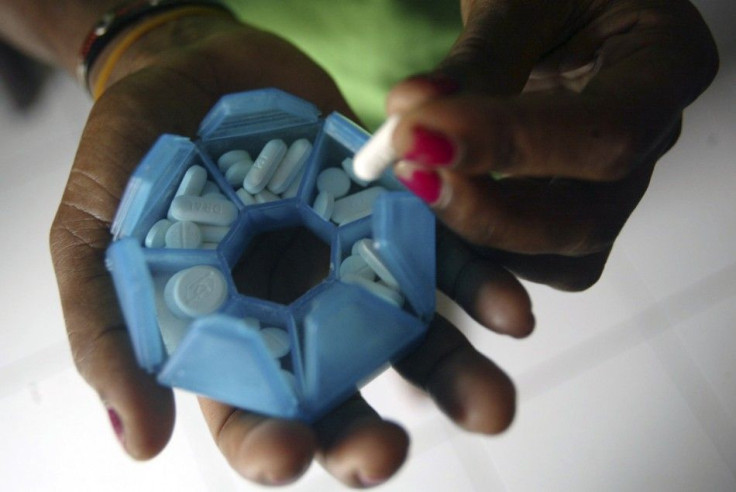HIV Drugs Reduce Transmission Risk for Heterosexual Couples

AIDS drugs designed to treat HIV can also be used to dramatically reduce the risk of infection among heterosexual couples, two studies conducted in Africa and released on Wednesday showed.
The findings show that the type of medicines prescribed since the mid-20th century to treat people who are already sick may cause a slowing or even halting the spread of the virus. The research involving couples in Kenya, Uganda and Botswana found that daily drugs for the sexually transmitted disease reduced infection rates by an average of at least 62 percent when compared with placebo.
Effective new HIV prevention tools are urgently needed and these studies could have enormous impact in preventing heterosexual transmission, Margaret Chan, director-general of the World Health Organization (WHO), said in a statement. She added that the United Nations health agency would now work with countries to use the new findings to implement better protection strategies.
The United States Centers for Disease Control and Prevention plans to review the data and issue its own guidelines -- taking into account issues such as whether behavior may change when people know they are taking a drug that reduces infection risk, Dr. Jonathan Mermin, CDC director HIV/AIDS prevention, told Reuters.
In early July, California-based drugmaker, Gilead Sciences Inc., agreed to allow four of its AIDS drugs to be made by generic drug companies at a cheaper cost in return for a small percentage of royalties, United Nations health officials said Tuesday.
Roughly 33 million people worldwide have HIV, the virus that causes AIDS from HIV, and live in Africa and Asia where medicines to treat the virus must be affordable in order for those who have little funds to buy the drugs. One of the four drugs will also be used to treat people with hepatitis.
The 'first of its kind' deal was negotiated by the U.N.-led Medicines Patent Pool, a partnership that raises money for AIDS, tuberculosis and malaria. We will continue to work with Gilead and others to expand access to all people living with HIV in developing countries, Ellen 't Hoen, executive director of the pool, told ABC News.
Gilead will receive from three to five percent royalties on its four drugs, which will be supplied to about 100 countries. Until now, its drugs have been mainly sold in rich countries, and profits from the new deal are expected to be a tiny fraction of those Gilead normally receives from the Western consumers.
This agreement is an improvement over what other big pharma companies are doing to ensure access to their patented AIDS medicines in developing countries, Michelle Childs, a director at Doctors Without Border's campaign for access to essential medicines, added. Still, she warned caution was necessary and that the new deal should not become the template for future agreements.
Patients in poorer countries often have to wait a number of years until the patents expire on new drugs and can be made more cheaply by generic companies. However, critics questioned whether the deal went far enough as the deal excluded manufacturers in Thailand and Brazil - large producers of generic drugs for HIV.
© Copyright IBTimes 2024. All rights reserved.











